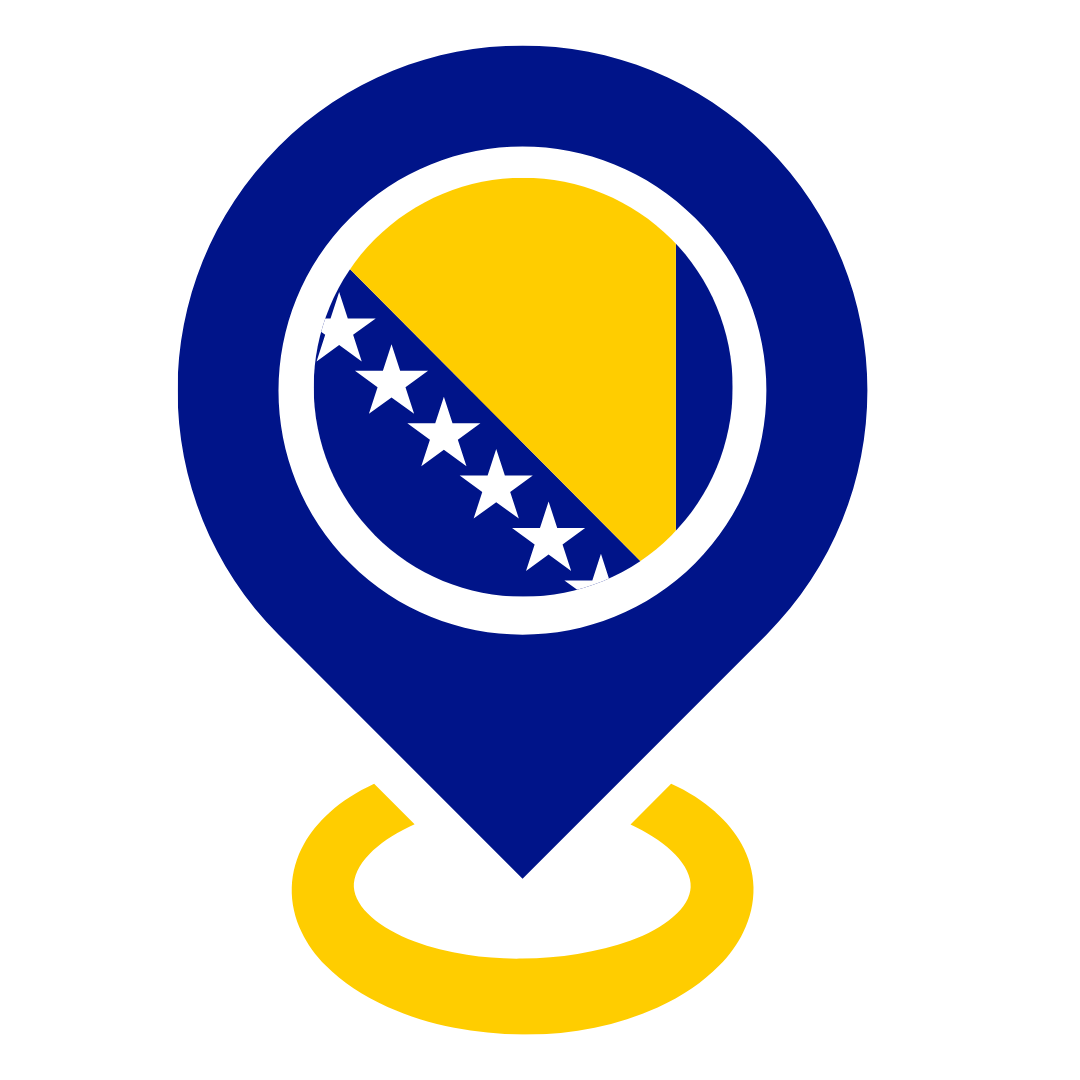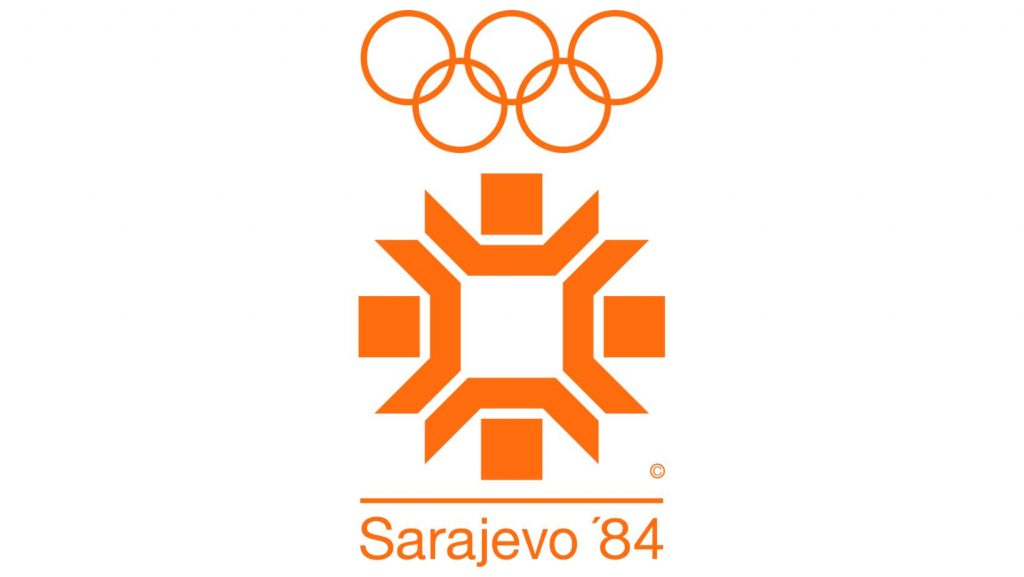The AVNOJ Road, also known as the “Road of Brotherhood and Unity,” holds historical significance in the region of Bosnia and Herzegovina. AVNOJ stands for the Anti-Fascist Council of People’s Liberation of Yugoslavia, which was a key organization during World War II in the fight against fascism and the liberation of Yugoslavia.
The AVNOJ Road was a strategic route that connected the towns of Jajce, Mrkonjić Grad, and Bihać, spanning through the picturesque landscapes of Bosnia and Herzegovina. It served as a vital supply and communication route during the war and played a significant role in the partisan movement’s operations against the occupying forces.
The road holds symbolic importance as a symbol of unity and resistance against fascism. It represents the collective efforts and sacrifices made by the partisans and the local population in their struggle for liberation. Along the AVNOJ Road, numerous historical sites, monuments, and memorial plaques commemorate the events and individuals associated with the anti-fascist struggle.
Today, the AVNOJ Road is not only a historical landmark but also a popular tourist route, offering scenic views of the surrounding landscapes and serving as a reminder of the region’s rich and complex history. It allows visitors to explore the natural beauty of the area while reflecting on the significance of the anti-fascist movement and its enduring legacy.



